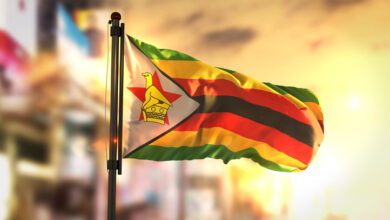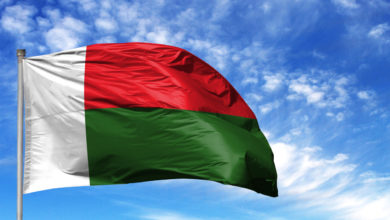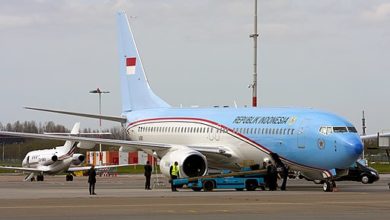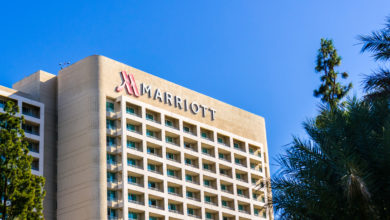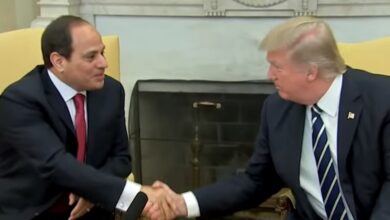World
Sudan’s Prime Minister Orders Investigation Into June Crackdown On Protesters

Sudan’s Prime Minister Abdalla Hamdok has ordered an independent investigation into June’s deadly clampdown on protesters that killed dozens of people, reported France 24.
On June 3, the security forces killed at least 128 protesters and injured hundreds of them while trying to disperse them from the main sit-in outside the military headquarters in the capital, Khartoum. The authorities had put the death toll at 87, including 17 inside the sit-in area. The violent incident led to a halt in talks between the protesters and the ruling generals, who ousted long-time leader President Omar Al-Bashir in April following mass protests against his nearly 30-year rule.
As part of the power-sharing agreement with the military, the protest leaders had demanded the formation of an international inquiry but the generals insisted on a Sudanese-led probe.
On Saturday, Prime Minister Hamdok, said a seven-member committee will lead the investigation. The committee will include a top judge, an independent figure and two attorneys. The justice, defense, and interior ministries will also be represented on the committee.
Hamdok, who was headed to New York to attend the UN meetings, said the probe, which should conclude its work within six months, could seek support from the African Union if needed.
Last week, Amnesty International came in support of the people seeking justice for those killed during the protests.
“Amnesty International thanks the people of Sudan for showing us courage, for showing us resilience and for showing that we can resist injustice and violation of human rights,” Amnesty International Secretary General Kumi Naidoo told reporters during a visit to Khartoum.
A previous investigation into the incident by Sudanese prosecutors in July said the ruling generals did not order the deadly break-up. The investigation blamed the widely condemned dispersal on paramilitary forces who exceeded their orders.
Prosecutor Fathel-Rahman Said said at the time that security forces were ordered only to clear an area close to the protest camp, not the sit-in itself.


